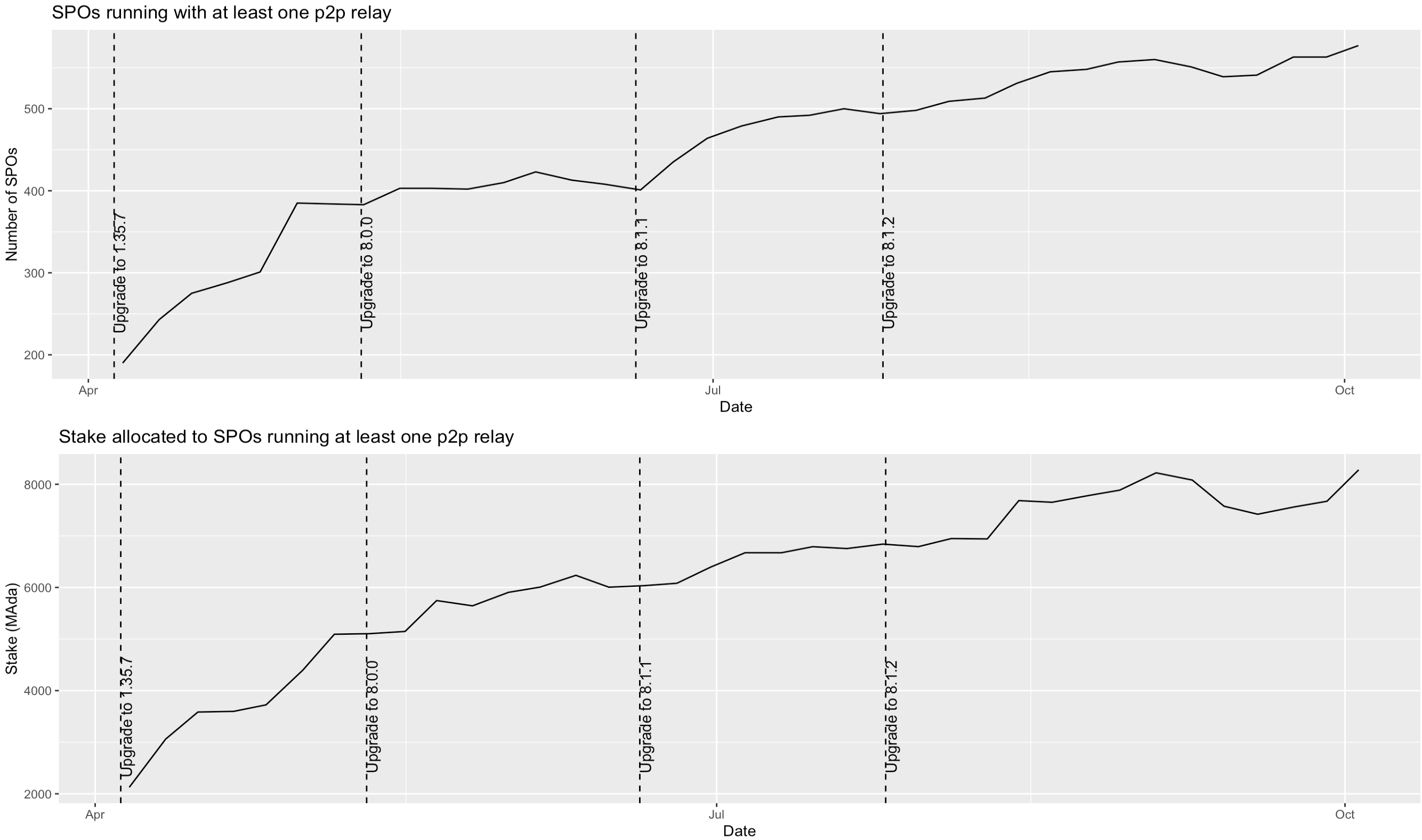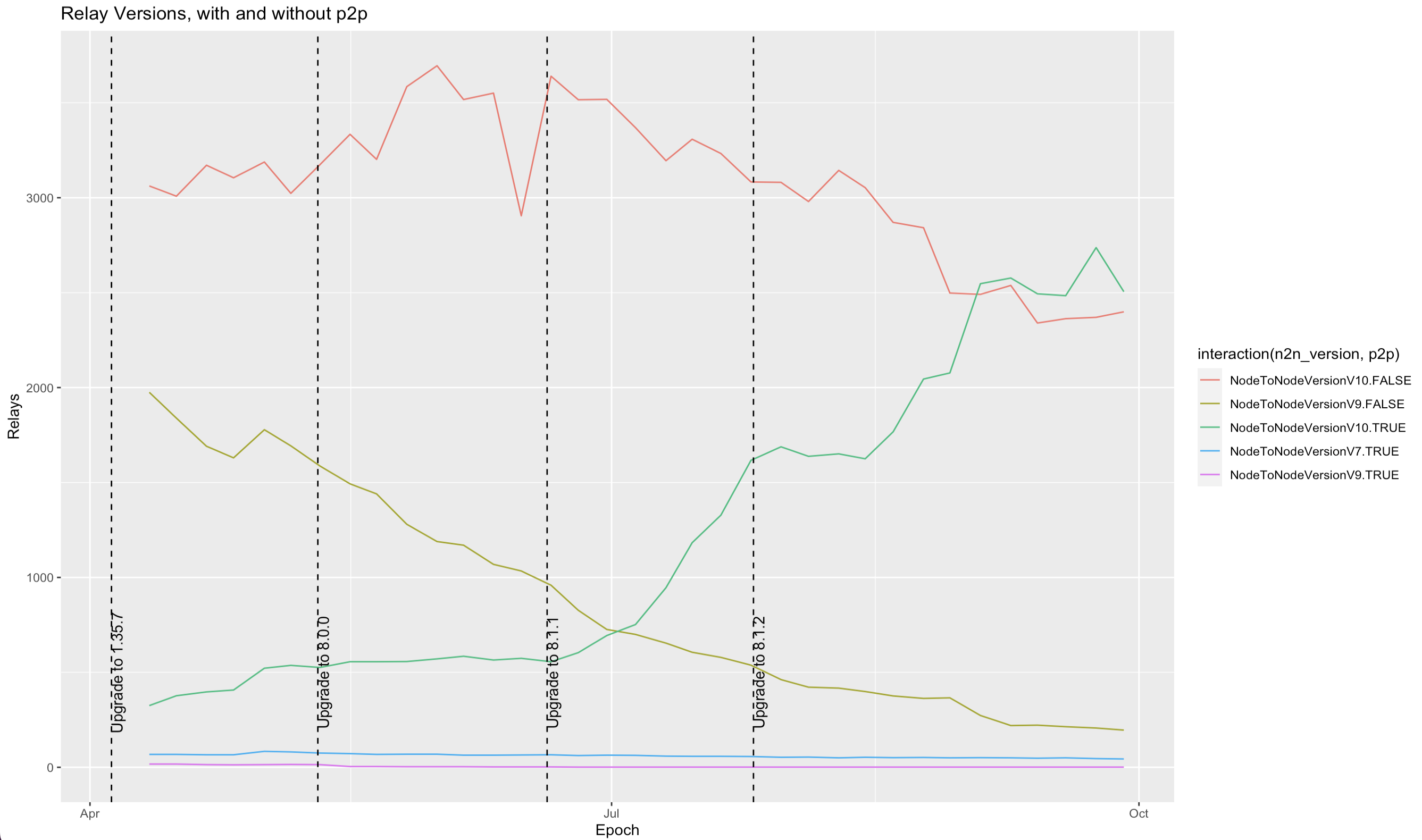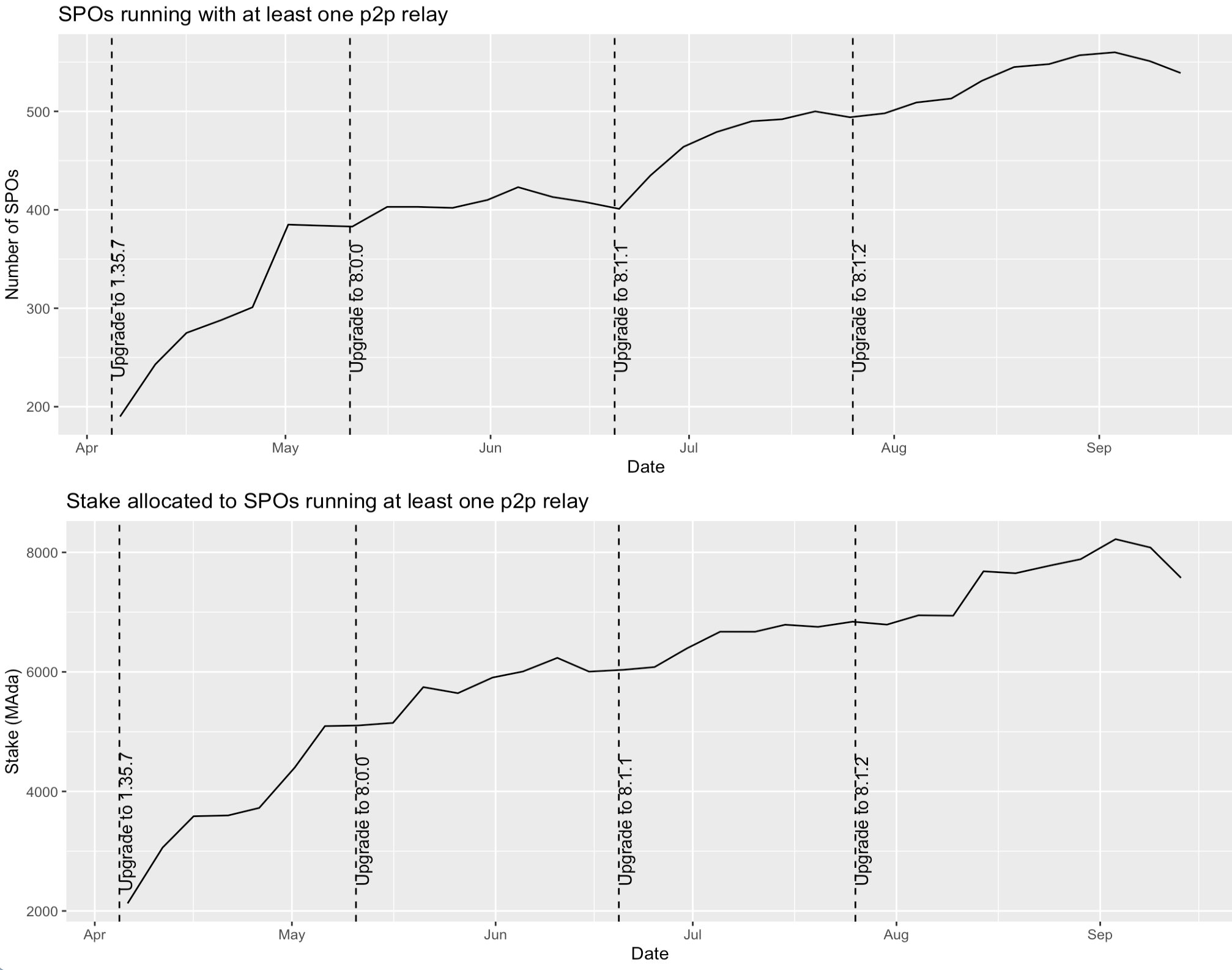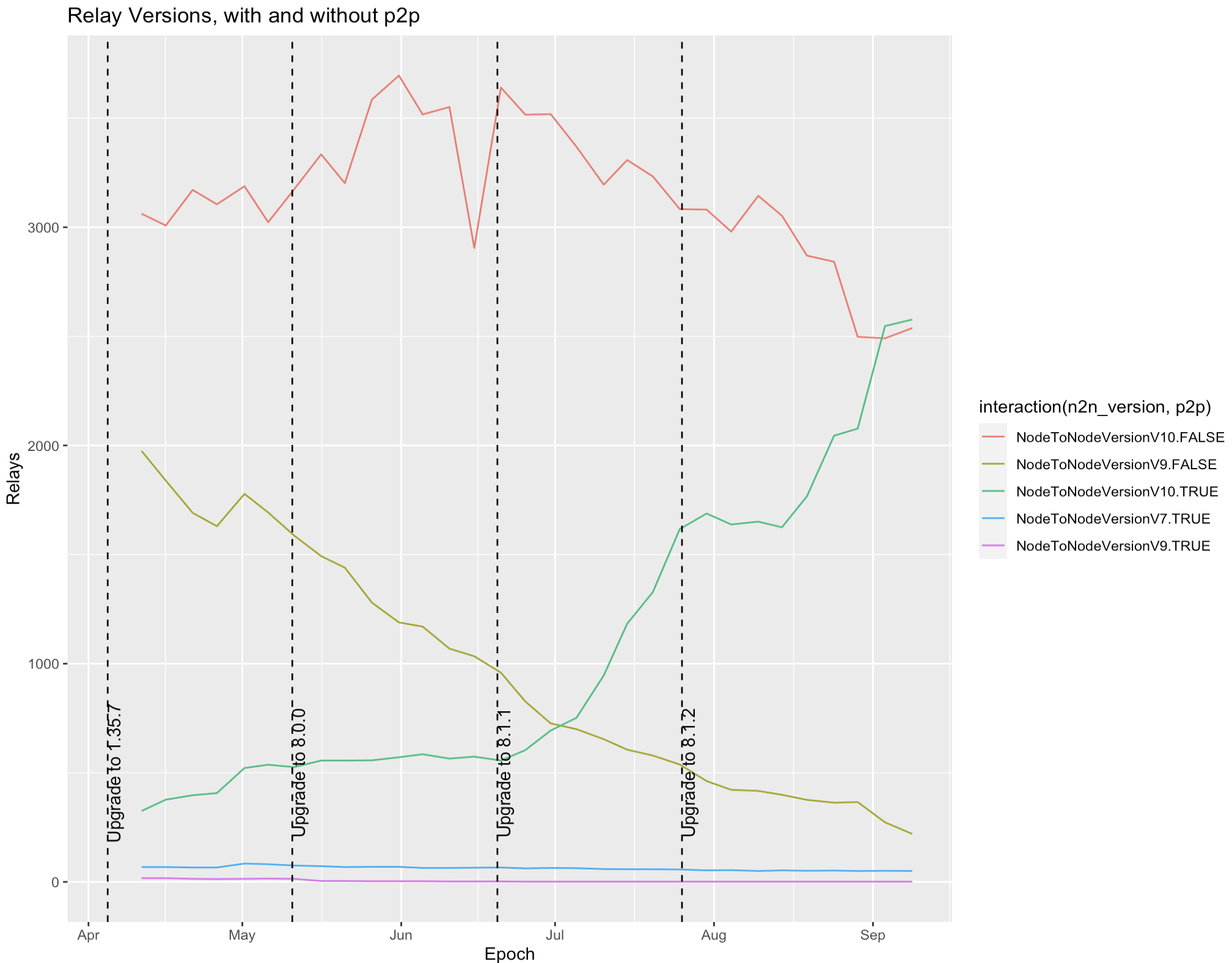High-level overview of sprint 43
In this sprint, we received contributions from CF & Galois. Karl Knutsson
(CF) has addressed various issues regarding peer churning in P2P, timeouts
and our WireShark dissector. While the Galois developers focused on
addressing issues from their review last year. See below for more details.
We continued working on bootstrap peers ouroboros-network-#4661.
We refactored our test suites: they are split into io-tests which require to
be run natively on all platforms (these tests mostly contain tests that
require IO system calls) and sim-tests which are platform independent. We
run io-tests on all supported platforms (e.g. x86_64-linux,
x86-64-darwin, aarch64-darwin and x86_64-w64-mingw32 (Windows)) natively.
The sim-tests are not executed on Windows due to memory limitations on
GitHub Actions runners. ouroboros-network-#4653
We also started rebasing typed-protocols refactoring branches.
Marcin was appointed as the cardano-node release engineer for the 8.4.0-pre
version. So far he integrated cardano-ledger-conway-1.8 and
ouroboros-network-0.9.1.0 to ouroboros-consensus, cardano-cli and
cardano-api. Once we will have an integration branch for cardano-node,
cardano-ledger-conway-1.8 and ouroboros-consensus packages can be released
to CHaP and PRs can be merged once they go through review & CI.
We also fixed some smaller issues regarding peer sharing (both were discovered
by Karl from CF). More details are included below.
Progress on P2P addoption
SPO relays
There are currently ~2000 relays running P2P
enabled nodes that belong to 557 pools with a combined stake of 7900Mil Ada. On
16th of August it was ~1700 relays, 531 pools with a combined stake of 7700Mil
Ada.
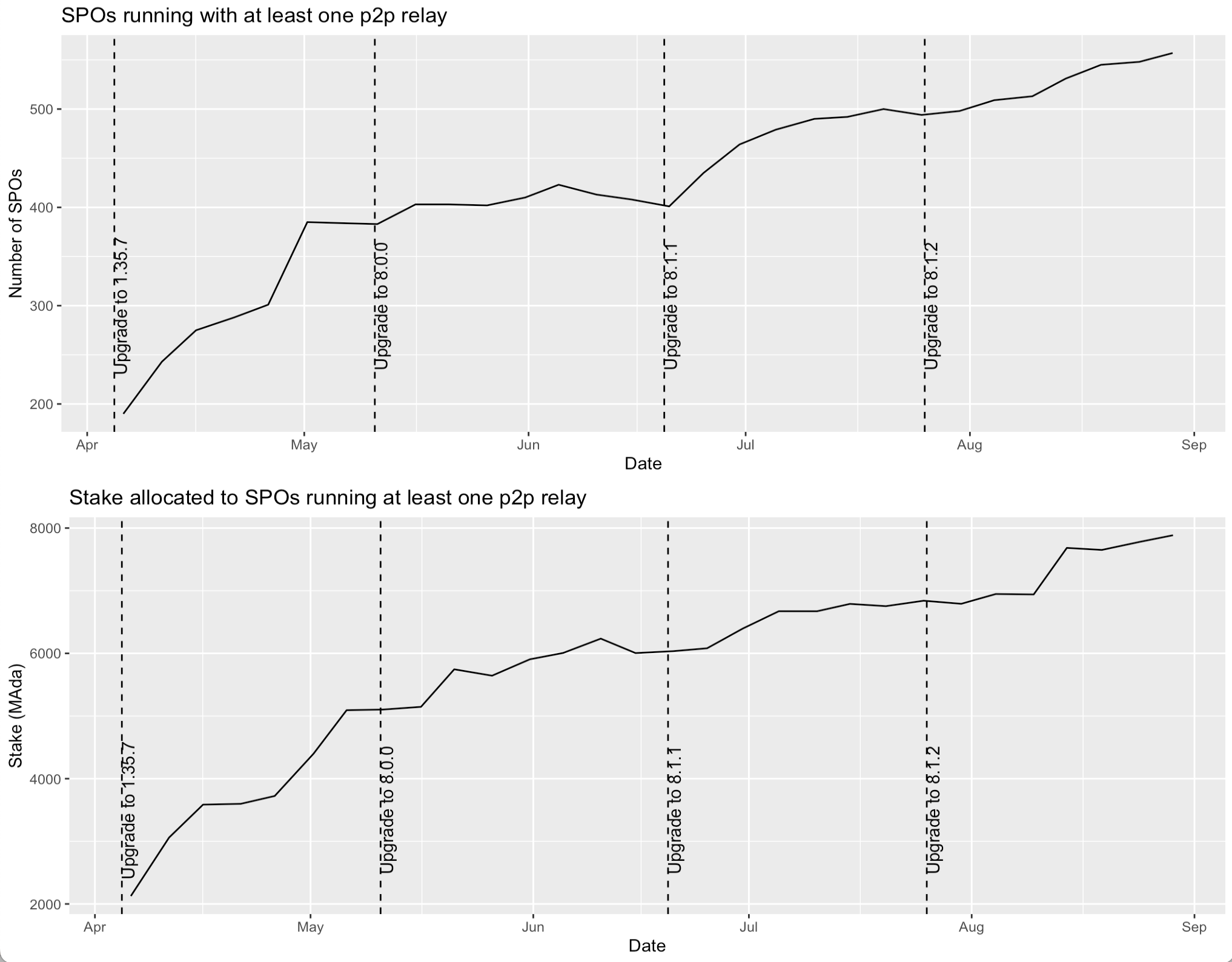
The following graphs show several different versions of relays running on the mainnet. The
green line NodeToNodeVersionV10.True denotes P2P relays, which slowly
increase over time. The V9 and earlier versions of the node-to-node
the protocol indicates nodes version 1.35.x or earlier.
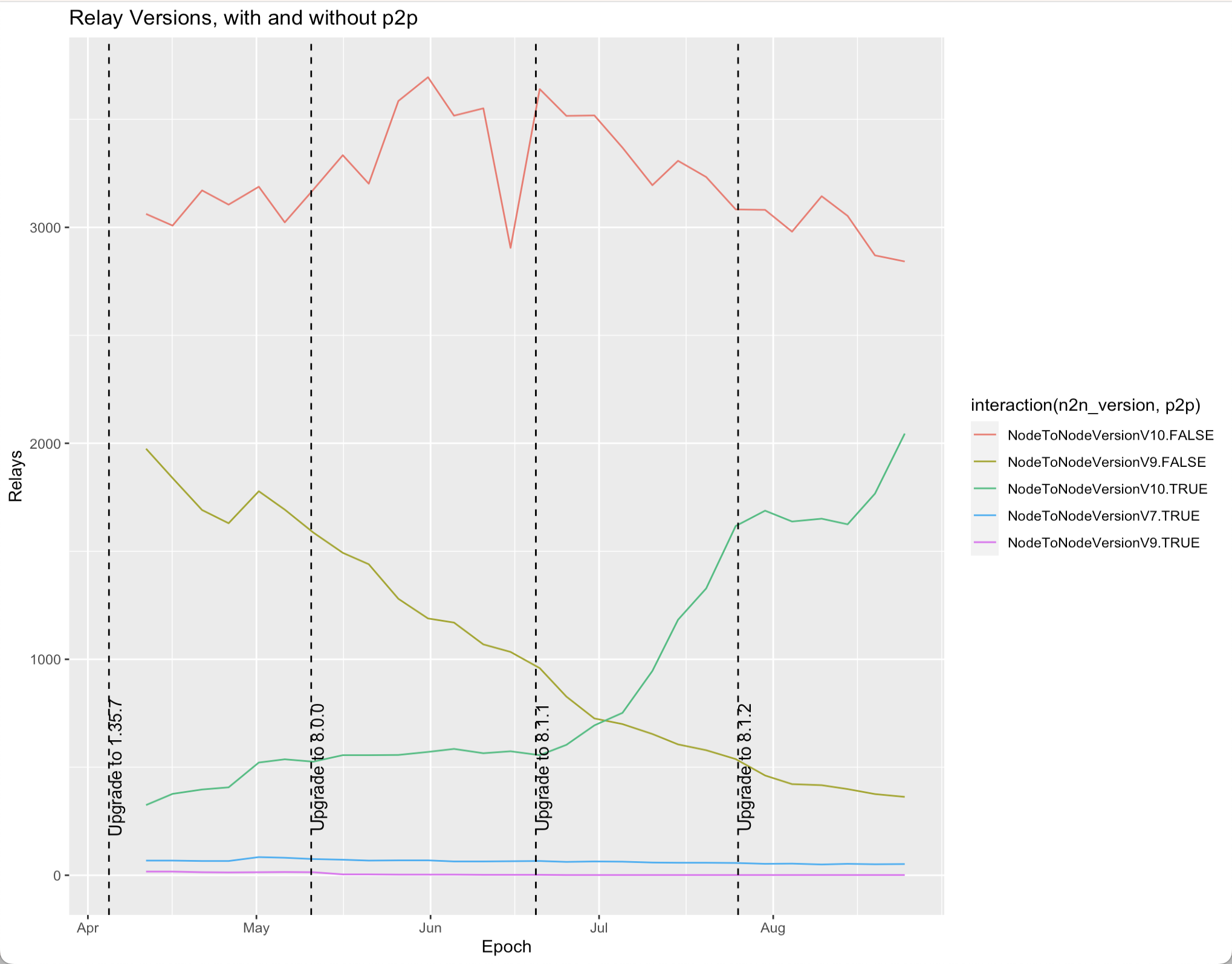
Data has been kindly provided by CF and their mainnet monitoring
infrastructure.
IOG relays
As of this week, 90% of IOG relays are running a P2P setup. In the next sprint all
IOG relays will be running P2P.
Detailed description
In this sprint, we got a few contributions from CF:
- Karl made peer churning mechanism less aggressive ouroboros-network-#4656; and
- he added timeouts for idle states in
ChainSync & KeepAlive
miniprotocols. These timeouts help a node remove idle connections from the
responder (server) side ouroboros-network-#4648. - he improved the
WireShark dissector by adding support for the peer-sharing mini-protocol ouroboros-network-#4656.
Galois has been making progress in addressing some of the issues they raised in their review (last year):
Peer Sharing
- Light peer sharing is only enabled when peer sharing is turned on ouroboros-network-#4652;
- Handshake incorrectly reports peer sharing value. It's supposed to relay the
remote value, but instead, it returns the local value. ouroboros-network-#4642 (in review).
Async Demotion Test Fix
- We fixed an async demotion test failure which turned out to be a weakness of
the test itself rather than a bug in the connection manager. ouroboros-network-#4655

